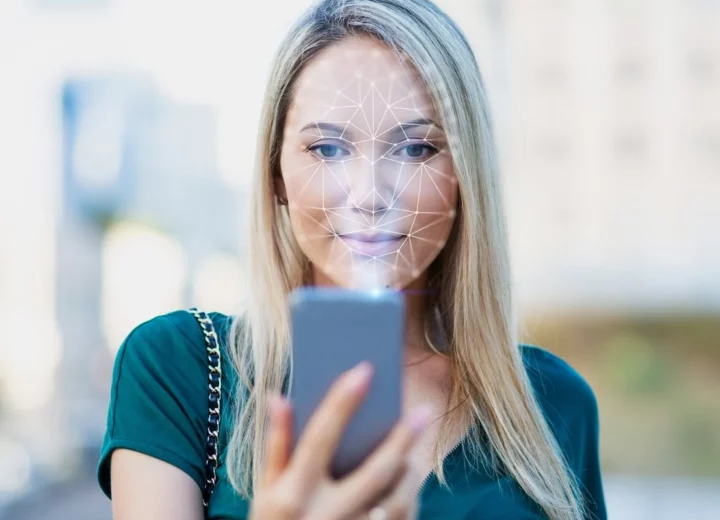Public surfaces are a part of modern life. We grab doorknobs previously touched by others, we exchange cash touched by hundreds of people, and we use our phones where viruses can live for days. Even things like pin-pads, fingerprint or palm-vein readers, and optical sensors require our touch. Until the current pandemic, public surfaces were something we knew instinctively were not clean, but we did not fear them. Sadly now, fear of contagion living on public surfaces is our new reality as we move throughout our daily lives.
As students and staff look beyond the current shutdown, and consider returning to campus this fall, the demand for touchless technologies will increase. Campuses will need to balance the comfort of an open campus with our new aversion to public surfaces. Touchless biometric solutions provide security by offering seamless, clean, high-assurance identity management starting with physical access control. Students and staff will be able to use touchless iris readers to conveniently enter campus buildings, dormitories and athletic facilities.
Iris recognition technology is the next step in the evolution of the digital campus integrating seamlessly and cost-effectively into existing access control systems. And leaving nothing to touch, nothing to carry, nothing to lose and nothing to fear.




